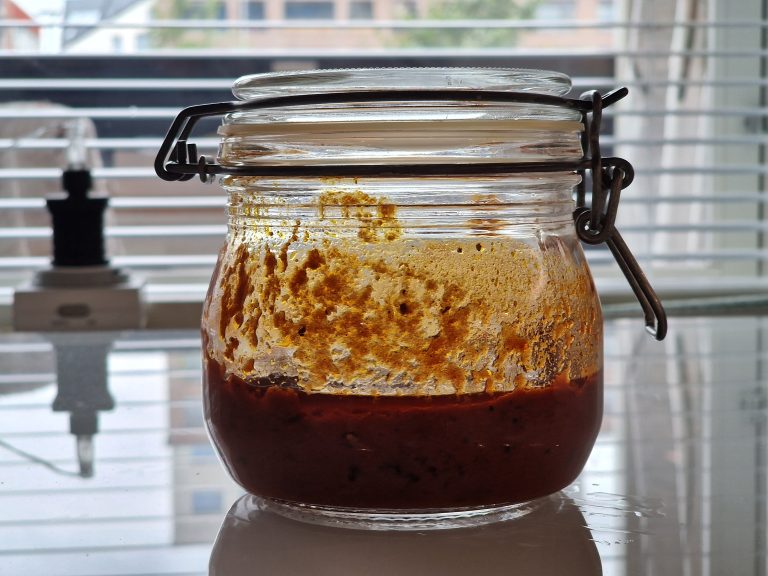Noticing your mind has wandered, and gently bringing it back to the present moment — again and again.
On the surface, we all think we’re conscious. We wake up, get out of bed, go about our day, and believe that because we’re awake, we’re fully aware. But most of the time we are not. Our attention is somewhere else. We replay arguments, imagine conversations that may never happen, or scroll on our phones without noticing what we are doing. We are technically conscious, yet in practice, we are unconscious of our own consciousness.
This is where meditation matters. Sam Harris often describes it with the example of drifting into thought. You sit down, try to focus on the breath, and within seconds you are gone — lost in a daydream, building an argument with someone who isn’t there, rehearsing or rehashing a moment. Then suddenly you realise, “Oh, I was supposed to be meditating.” That flash of recognition is the heart of meditation: you saw unconsciousness while it was happening.
That moment of realising you were lost in thought is the most important part of meditation. It’s like waking up. You’ve caught your mind wandering and, for a brief second, you’re completely aware of what’s going on. Meditation isn’t about stopping all thoughts. It’s about noticing when you’ve been swept away by them, and gently returning to the present moment — again and again. Each time you do this, you’re building awareness and learning to see your thoughts clearly, instead of being controlled by them.
The dream state is a powerful analogy. In dreams, you never stop to ask how you got there. You simply accept the strange world around you as if it were normal. In waking life, we do the same. Thoughts carry us off, and we don’t question them. Meditation is like waking up inside the dream of everyday thought.

But meditation isn’t about perfection or erasing flaws. People who preach meditation and health rarely admit their weaknesses — the late nights, the overeating, the bad days when they give in to cravings. In reality, we all have them. Context matters too: stress kills some people but not others, depending on lifestyle. A processed meal might harm a sedentary person but fuel an athlete who needs the extra salt after a long run. To say “stress kills” or “processed food is bad” without nuance is empty. What matters is the human being behind the label.
Meditation stands as a kind of antidote. It doesn’t make life painless, but it makes us aware of when we are being pulled along unconsciously — whether by our own stress, by addictive habits, or by media systems designed to exploit us. To meditate is to say: “This is anger. This is craving. This is unconsciousness.” That recognition gives us space, even if small, to choose differently.
Meditation is the conscious recognition of our unconscious consciousness. In a world that profits from keeping us unconscious, that act of recognition may be the most radical thing we can do.



